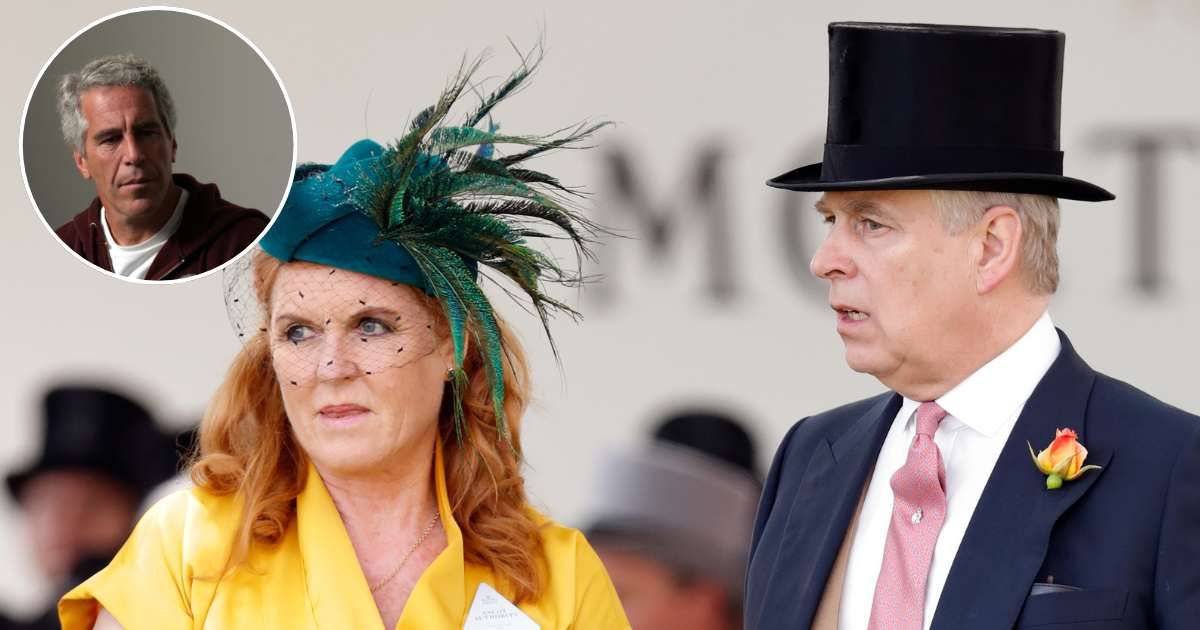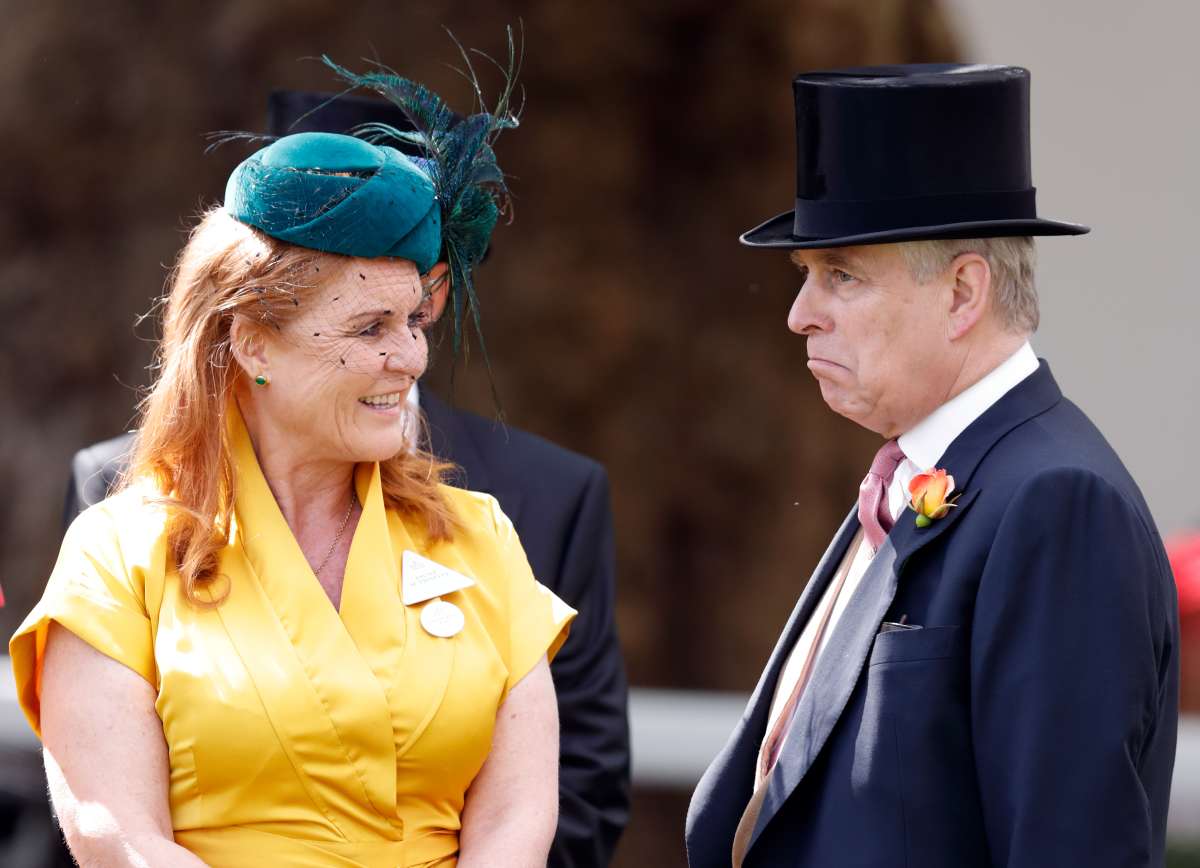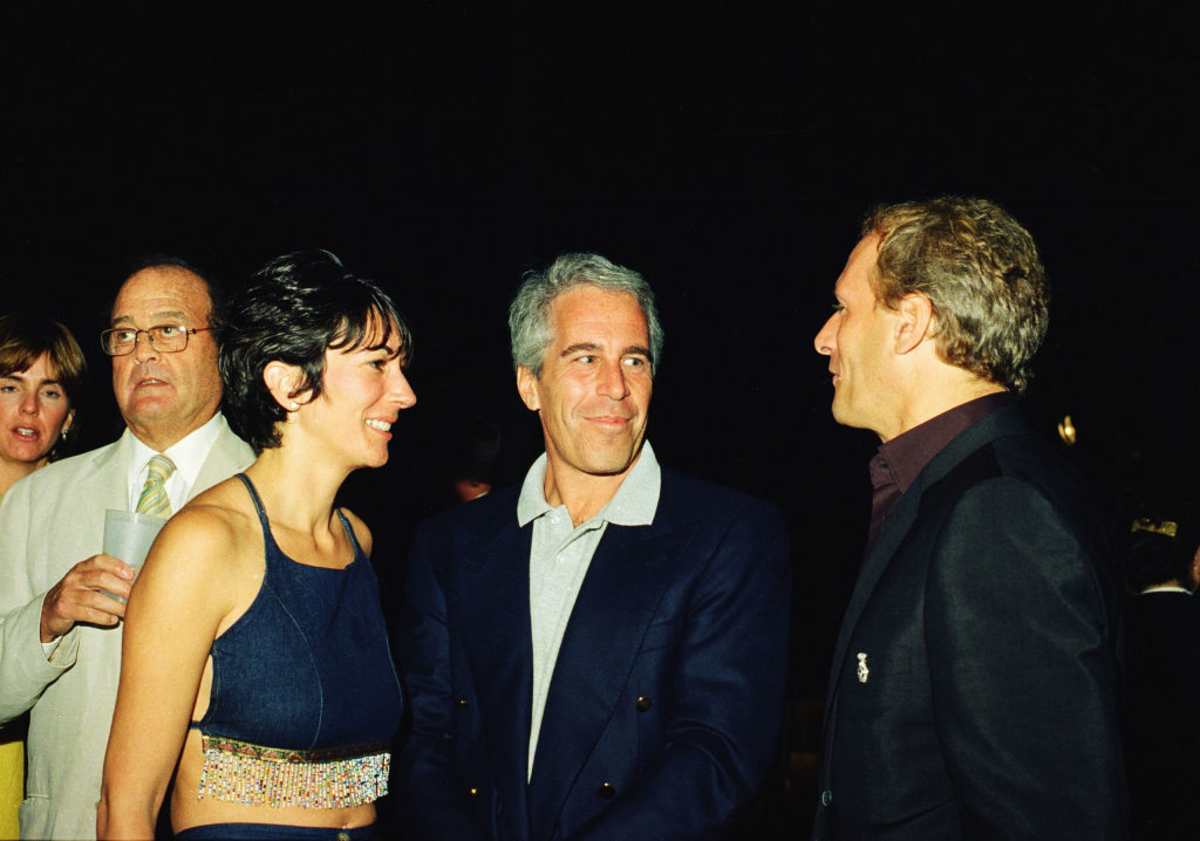Epstein Was Warned To See Andrew and Sarah as a ‘Disastrous’ Risk, New Document Reveals

A new set of documents from Jeffrey Epstein’s estate has shed light on an unusual concern inside his inner circle. In 2011, as the disgraced financier attempted to claw back what remained of his public standing after his first conviction, he received a detailed reputational management plan. This urged him to rethink the company he kept, especially his closeness with Andrew Mountbatten-Windsor and his former wife, Sarah Ferguson. At the core of the advice was a simple warning, which stated that staying close to the former Duke and Duchess of York would only deepen the hole he was already in.

The plan was written during a period of growing accusations from Virginia Giuffre and rising media attention. Epstein’s advisors from Osborne & Partners LLP reportedly adopted a blunt tone, notifying him that his royal friendships placed him on thin ice. "It is disastrous for you to be seen in any way to facilitate his lifestyle, or to help with his well-documented issues," the advisors wrote of the former Prince. They also added that the Daily Mail and the Mail on Sunday had “an unambiguous objective” to take down Mountbatten-Windsor. So, any link between the late financier and the former Duke would only give the papers more fuel for the fire.
The reputational strategy proposed a slow and careful plan to reshape Epstein’s public image. He was encouraged to highlight his charitable work and begin what the document called a gradual “clean up” of search results under his name. This effort, the advisors noted, should start “slowly” before it “intensifies over time,” so that it does not look as if someone were trying to sweep problems under the rug.

While the plan sounded flawless on paper, in reality, PR expert Maya Riaz argued that it was flawed from the start. "What stood out immediately is how heavily it leans on a classic crisis-containment tactic such as controlling the narrative through search dominance," she opined, as per The Mirror. She continued, "This approach can be effective, but only when the core issue is reputational noise, not reputational harm. Once someone has a criminal conviction, especially for such serious offences, attempting to counterbalance it by pushing out positive or neutral content becomes almost impossible."
The PR expert explained that search engines are built to push authoritative reporting to the top, which means positive stories cannot simply wish away the facts. “You cannot 'out-optimise' a fact of that magnitude. At best, these tactics might have diluted some speculative commentary, but they could never have shifted the centre of gravity away from the conviction itself,” she argued.

Riaz also addressed why Epstein’s advisors were so eager for him to abandon any visible connection with Mountbatten-Windsor and Ferguson. According to her, high-profile friendships can offer social currency, yet they also attract attention. In this instance, the former Duke and Duchess were dealing with their own reputational burdens, and Epstein’s team appeared to recognize that the association only added to the media’s focus on him.
“For people like Epstein and Maxwell, who operated quietly behind the scenes yet relied on influence to maintain access, proximity to high-profile figures can be a double-edged sword,” Riaz said. The reputational strategy offers a reminder that some problems cannot be painted over. "True reputation management requires both narrative control and behavioural credibility. Without the latter, no amount of PR architecture or search manipulation can hold," Riaz said.
